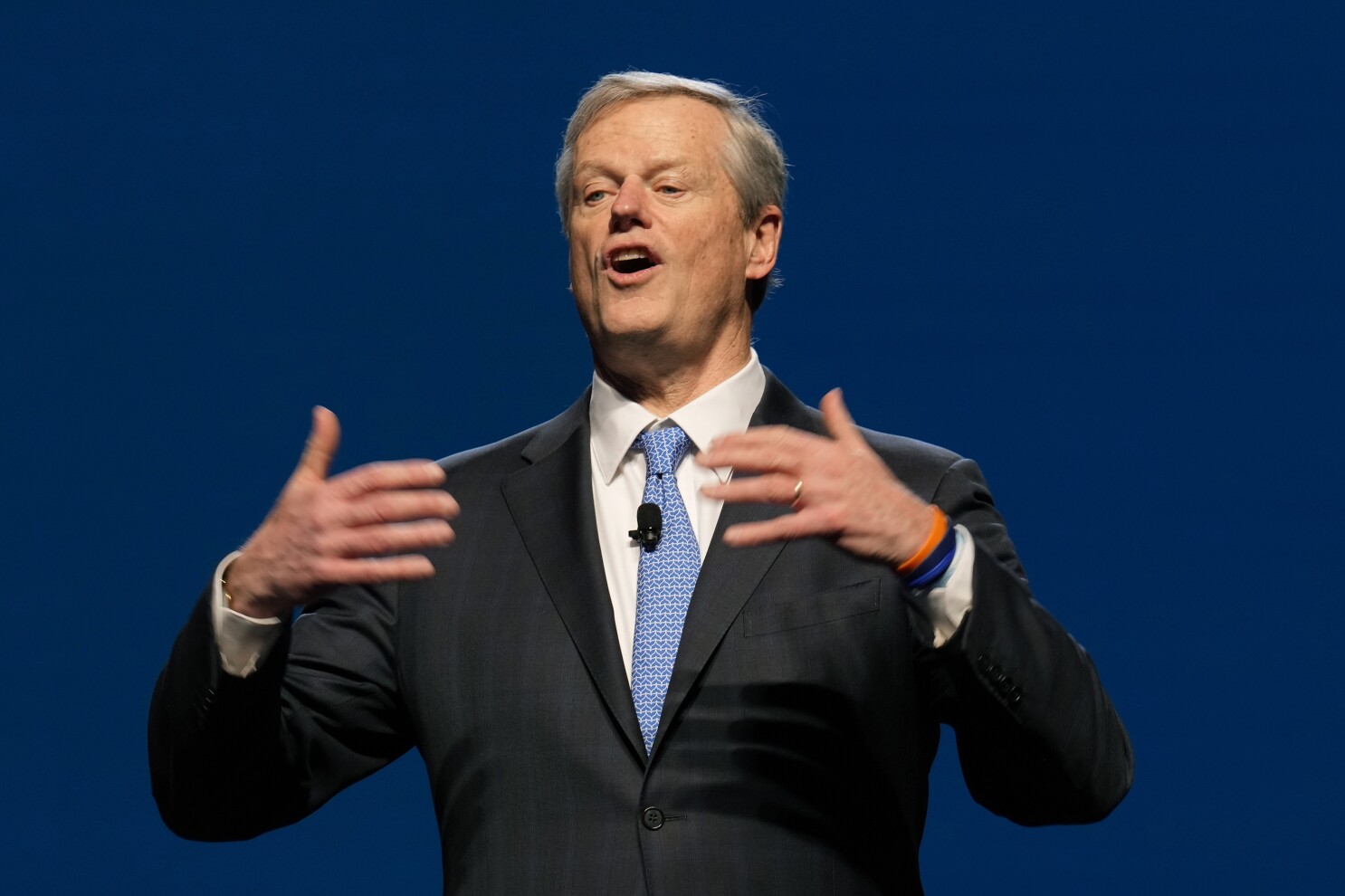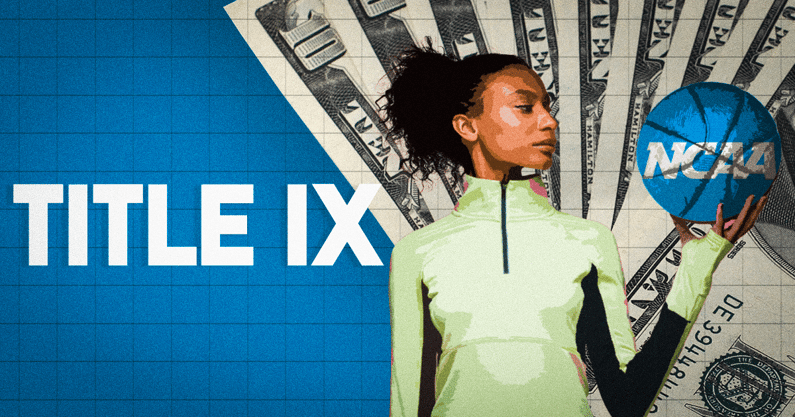The introduction of Name, Image, and Likeness (NIL) rights has sent shockwaves through college sports, and now Congress is considering a federal NIL standard to even the playing field across states. As it stands, each state sets its own NIL rules, giving some athletes greater earning potential depending on where they play. For instance, California’s expansive NIL rights allow college athletes to sign lucrative deals, creating recruitment advantages over states with more restrictive NIL policies. Athletes and fans can explore how NIL is shaping recruitment through BallerTube’s top-rated athletes, where stories and stats bring these transformations to life
Senators Joe Manchin and Tommy Tuberville recently proposed a bipartisan federal NIL bill to unify these policies. Their proposal, the Student Athlete Level Playing Field Act, is designed to ensure that athletes in every state have equal opportunities to monetize their brand. States like Texas, where NIL support is strong, are using these policies to recruit top talent away from states with less favorable NIL environments. BallerTube’s NIL resources offer insights into how different states’ laws affect recruitment and athlete decisions
The current patchwork of NIL policies has led to significant recruitment disparities, especially within powerhouse conferences like the SEC. Texas schools, for example, have leveraged permissive NIL policies to their advantage, making it difficult for programs in neighboring states with fewer NIL benefits to compete for high-profile athletes. Through BallerTube’s athlete profiles, recruits can see how NIL policies are changing recruitment strategies and the choices athletes make
| State | NIL Compliance | Earnings Potential | Recruitment Impact |
|---|---|---|---|
| California | Full Compliance | High | Strong |
| Alabama | Recently Adjusted | Moderate | Competitive |
| Texas | Very High | Full Compliance | Advantageous |
Table 1: NIL Policies and Earnings Potential by State
Beyond recruitment, NIL also introduces complex legal considerations, especially around Title IX compliance and athlete classification. Title IX is critical in maintaining gender equality in college sports, yet current NIL earnings largely favor male athletes in sports like football. BallerTube’s women’s sports section showcases how NIL impacts female athletes, bringing visibility to their NIL deals and ensuring that their stories are part of the NIL narrative
Reclassifying college athletes as employees is another contentious issue, as it could lead to unionization and salary requirements. The proposed Athlete Opportunity and Taxpayer Integrity Act includes guidelines to prevent misuse of NIL earnings, particularly around tax obligations. For athletes navigating NIL deals, BallerTube’s NIL compliance resources provide essential guidance on building a career under these new rules
The emergence of NIL collectives has further transformed college recruitment. These collectives—often funded by alumni and boosters—support athletes’ NIL deals, acting as intermediaries to secure sponsorships and compliance. BallerTube’s college recruitment highlights document how NIL collectives impact college programs, giving recruits insights into how top schools leverage collectives to attract talent
Federal legislation on NIL could bring stability to college recruitment, but until that happens, athletes must navigate an ever-changing array of state laws, school policies, and collective funding structures. Platforms like BallerTube provide resources and updates, enabling athletes to make informed decisions as they embark on their college careers in a landscape where NIL rights are as influential as ever.



